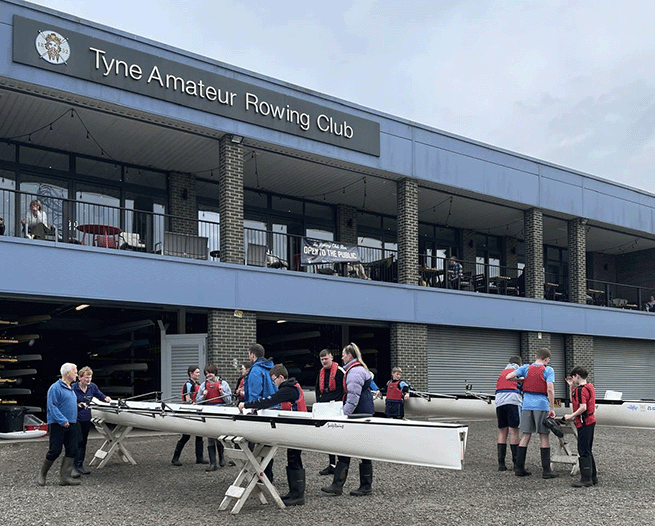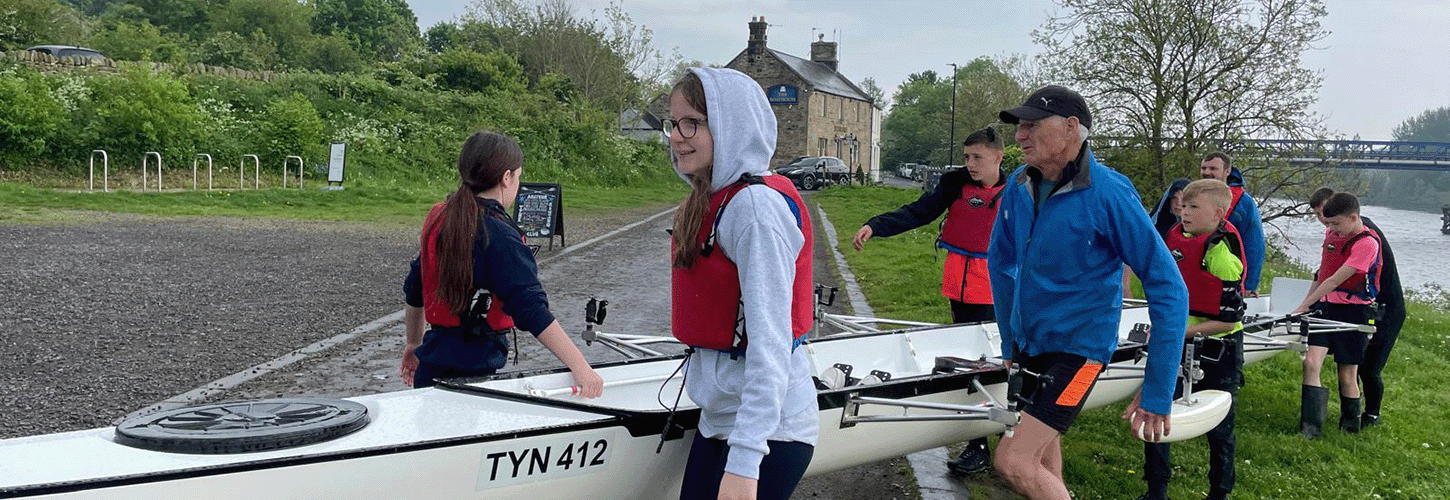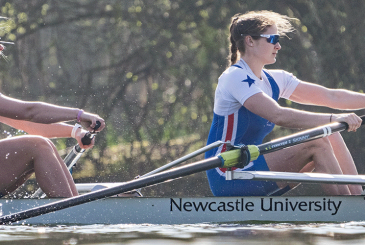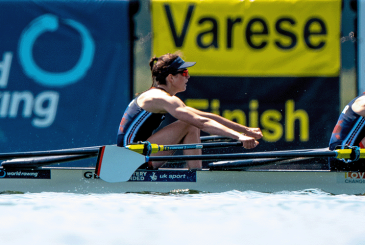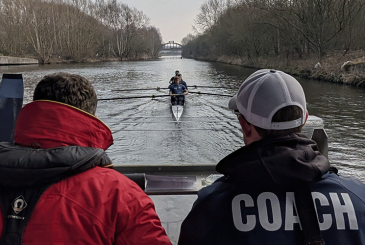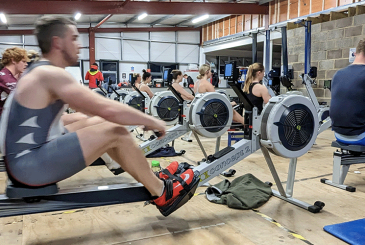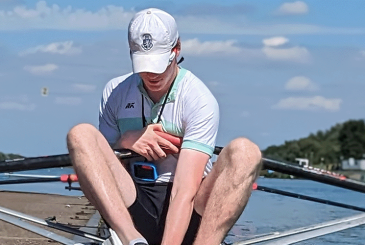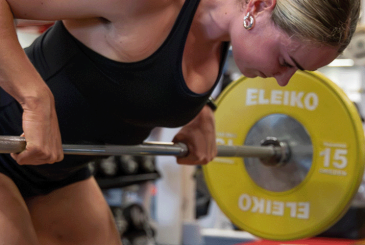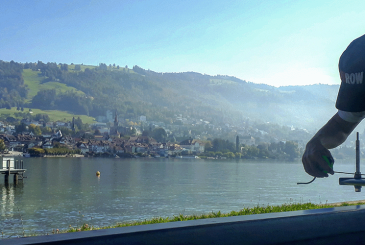‘Respect is one of the Olympic values (along with excellence and friendship). The International Olympic Committee defines this as:
‘Having consideration for oneself, others and the wider environment. It includes respecting the rules of sport and the officials who uphold them.’
Rebecca Gibson, Director of Love Rowing – British Rowing’s Charitable Foundation – explores what this means in coaching.
Before I start, I should make it clear that I am not a rower (yet!) or a rowing coach. But I am a qualified coach in multiple sports, and have also worked as a sport developer across a range of environments. I hope that my experiences with various other sports and in tackling inequalities, as well as what I have learnt from Love Rowing’s funded projects, will provide rowing coaches with a useful perspective.
Everyone’s different
I remember when I was first qualifying as a gymnastics coach, we studied a module on ‘Class Management’. Clearly, this is an essential skill for anyone coaching groups. However, the module made a huge assumption that everyone in the class was the same, and that everyone should behave in the same way. It didn’t address how to manage people from different backgrounds who often displayed different behaviours. And as an inexperienced coach, I expected all the young people with whom I was working to behave themselves and to show me respect. When this didn’t happen, I felt frustrated as a coach, and this often led to greater frustration for the young people.
Does this resonate? In today’s society, equal access, respecting differences and including a wider range of people is a requirement for all coaches. This can be a challenge. But it is also a huge opportunity and, when you get it right, highly rewarding for everyone involved.
Respectful coaching
My career led me into the world of disability inclusion.where I learned about respectful coaching from the disabled people who were our customers. One was a young man with autism that constantly wandered off unless he had a football at his feet. Another was a girl with Downs Syndrome who wanted to be a gymnast but needed a lot of support to understand the environment. I also met a man who was the same age as me and wanted a career in sport, but he had severe cerebral palsy and no one ever listened to him or took him seriously.
‘I realised that I need to keep learning too’
Respect is a two way thing, and I realised that I wasn’t actually coaching a class of clones but rather a group of individuals, all with their own individual needs and backgrounds. I needed to respect and value their differences, empathise with their challenges and tap into their motivations, which were different from the session objectives I’d set, even with the best intentions. As with many things in life, there is no ‘one size fits all’ approach to delivery. Perhaps most importantly, I realised that I need to keep learning too.
Creating respect through holistic support
I worked in the sport of boxing for a number of years and my favourite aspect of that sport is how young people from difficult backgrounds found boxing to be their safe place and a place they respected. Somehow the coaches were able to create respect from young people who often found authority figures challenging.
This was often because the coaches also took on the role of youth workers. They embodied principles of youth work – fostering positive and trusting relationships, and aiming to improve the well-being of the young people in a holistic way. The outcomes were that they helped to divert young people away from their troubles, provided them with a wider life education, and empowered them through participation.
Since I joined Love Rowing in January 2024, I have been extremely impressed by the projects we fund, which are helping to open up the sport to more diverse communities and enable the power of rowing to make a positive impact on people’s lives.
In May, I was fortunate to visit Tyne Amateur Rowing Club where I saw first hand the beneficial effect of the work the coaches are doing there with young people in areas of deprivation, and with high school suspension rates.
Coach Bobby explained, “We started off with a lot of troubled kids and helped make them have fewer suspensions. They started out with around four suspensions from school a week and now it’s one every two weeks. So we have made improvements in attendance.”
The young people felt empowered and were able to develop skills they recognised as teamwork, resilience and communication
The environment at Tyne ARC reminded me very much of the youth work principles I had seen working so powerfully in boxing clubs. The coaches and volunteers at the session displayed calmness and kindness – even when some of the young people were starting to express their frustrations because they were out of their comfort zone. This calmness and kindness was based on rapport that had been built with the young people and an empathy with their circumstances. As a result, the young people felt empowered and were able to develop skills they recognised as teamwork, resilience and communication.
Respect in your coaching
Rowing is a wonderful sport, which can transform the lives of so many people, and respectful and inclusive coaching is a key ingredient in that being achieved. So I would like to pose some questions for your consideration.
- What does the value of respect mean to you and how do you display respect in your coaching?
- What do you currently do that works well to develop two way respect with athletes of all abilities?
- Is there a key message from this article that has made you think and reflect? What is it, why and how can you use that to adapt your coaching or the coaching environment you create?
To find out more about Love Rowing check out the Love Rowing website or follow them on Instagram.
